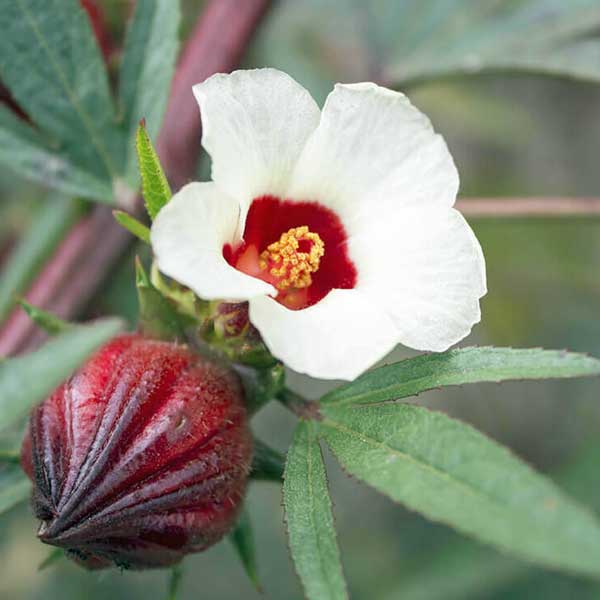cheese_greater@lemmy.world to Ask Lemmy@lemmy.world · 1 month agoWhat dessert or junkfood do you always keep in stock at home?message-squaremessage-square105fedilinkarrow-up181arrow-down13
arrow-up178arrow-down1message-squareWhat dessert or junkfood do you always keep in stock at home?cheese_greater@lemmy.world to Ask Lemmy@lemmy.world · 1 month agomessage-square105fedilink
minus-squarecazssiew@lemmy.worldlinkfedilinkarrow-up1·edit-230 days agoYou can also eat the petals, but the stuff you’ll find commercially are calices. I assume the petals are perhaps too fragile to process ? https://www.tyrantfarms.com/hibiscus-a-tasty-addition-to-your-edible-landscape-or-garden/#edible-parts-hibiscus-sabdariffa
minus-squareVaryk@sh.itjust.workslinkfedilinkarrow-up1·30 days agono, apparently the petals are much thicker than I thought they were, which is funny because I grew up with them. but all of these candied snacks and hibiscus tea and everything calls for the petals.
minus-squarecazssiew@lemmy.worldlinkfedilinkarrow-up1·30 days agoSuit yourself I guess, it’s a common misunderstanding.
minus-squareVaryk@sh.itjust.workslinkfedilinkarrow-up1·edit-229 days ago“it’s a common misunderstanding.” green and pink? every source I could find says the pink calyx with the seeds removed is used as candied snacks, not the green part of the stem holding the flower. you have the name right, but you’re mixing up your plant parts. The green one you’re thinking of is the epicalyx. The calyx is a smaller structure inside the epicalyx and outside of the petals holding the petals by the base.
minus-squarecazssiew@lemmy.worldlinkfedilinkarrow-up1·29 days agoThe calyx is red (and the petals are yellow/white) on hibiscus sabdariffa, which is the species they use commercially.
minus-squareVaryk@sh.itjust.workslinkfedilinkarrow-up1·edit-229 days agoapparently you can eat every part of the hibiscus plant. I’m going to try dehydrating the entire flower, petals included, to see how that works out.
minus-squarecazssiew@lemmy.worldlinkfedilinkarrow-up1·29 days agoThe picture you posted is of the wrong species, which I assume is why you were confused.
minus-squareVaryk@sh.itjust.workslinkfedilinkarrow-up1·edit-229 days agoI’m not sure what got you turned around on green and red, maybe the imprecise label lines?
minus-squarecazssiew@lemmy.worldlinkfedilinkarrow-up1·edit-229 days agoI’ve been saying the same thing the entire time This is hibiscus sabdariffa
You can also eat the petals, but the stuff you’ll find commercially are calices. I assume the petals are perhaps too fragile to process ? https://www.tyrantfarms.com/hibiscus-a-tasty-addition-to-your-edible-landscape-or-garden/#edible-parts-hibiscus-sabdariffa
no, apparently the petals are much thicker than I thought they were, which is funny because I grew up with them.
but all of these candied snacks and hibiscus tea and everything calls for the petals.
Suit yourself I guess, it’s a common misunderstanding.
“it’s a common misunderstanding.”
green and pink?
every source I could find says the pink calyx with the seeds removed is used as candied snacks, not the green part of the stem holding the flower.
you have the name right, but you’re mixing up your plant parts.
The green one you’re thinking of is the epicalyx.
The calyx is a smaller structure inside the epicalyx and outside of the petals holding the petals by the base.
The calyx is red (and the petals are yellow/white) on hibiscus sabdariffa, which is the species they use commercially.
apparently you can eat every part of the hibiscus plant.
I’m going to try dehydrating the entire flower, petals included, to see how that works out.
The picture you posted is of the wrong species, which I assume is why you were confused.
I’m not sure what got you turned around on green and red, maybe the imprecise label lines?
I’ve been saying the same thing the entire time
This is hibiscus sabdariffa